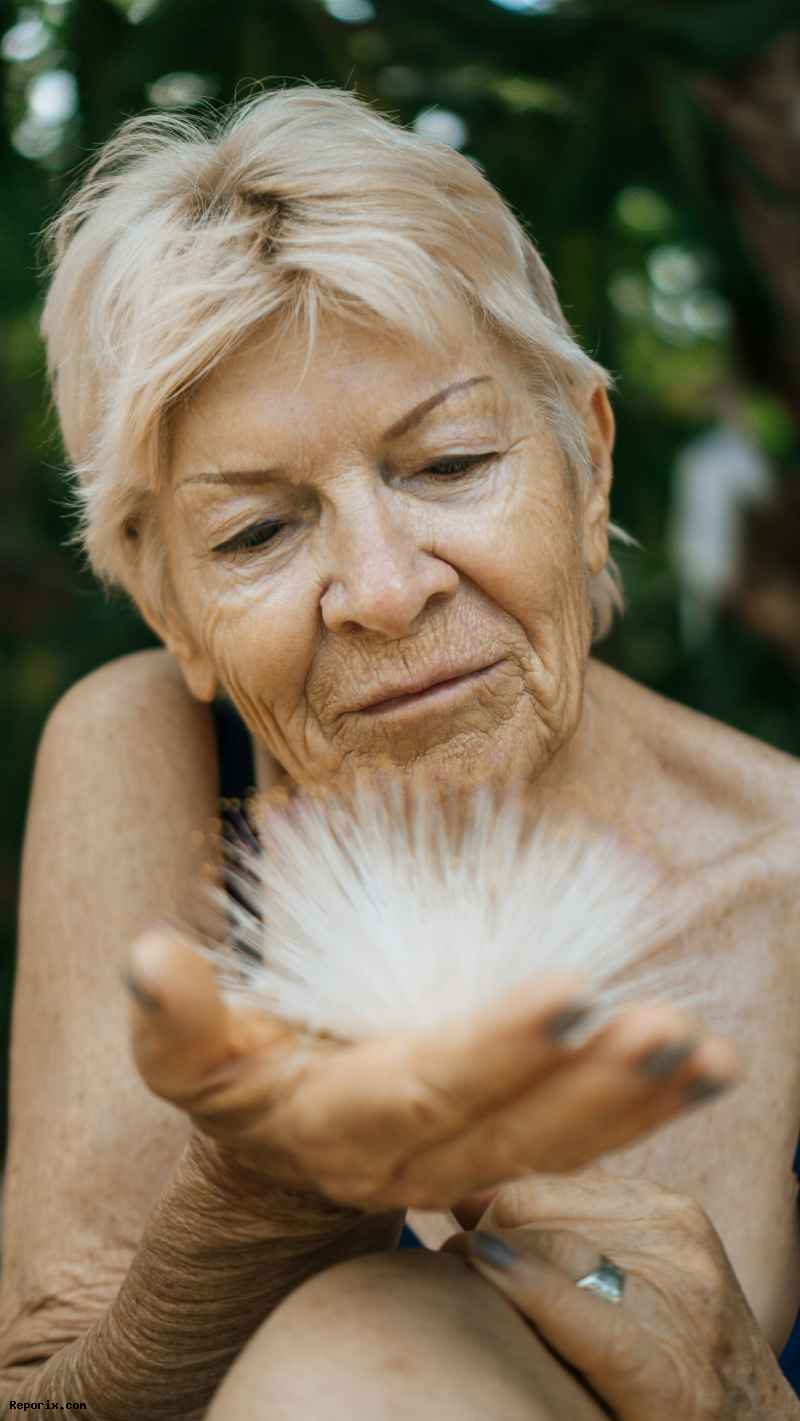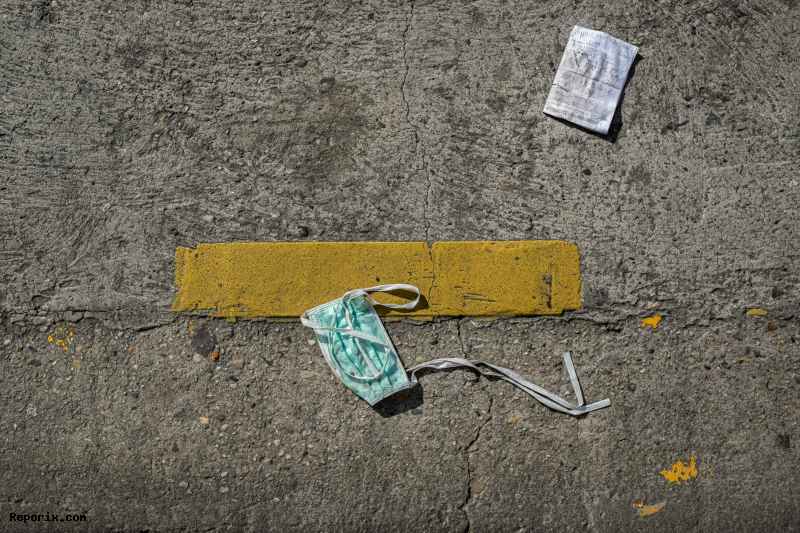Aging is a natural part of life, yet in today’s fast-paced world, growing old often feels like becoming invisible. While people live longer than ever, respect and care for the elderly are rapidly declining. This neglect has created a silent crisis marked by loneliness, financial struggles, and systemic bias.
The Loneliness Epidemic
One in three seniors suffers from chronic loneliness, according to the World Health Organization. With smaller families scattered across cities and limited opportunities for meaningful interaction, many older adults find themselves isolated. Retirement homes, meant to offer support, sometimes deepen this divide by segregating the elderly from the broader community. As 78-year-old Maria puts it, "My children video-call me once a month. The rest of the time, my only conversation is with the pharmacy cashier."
Financial Struggles in Later Life
Pensions often fail to keep pace with inflation, forcing many seniors to work well into their seventies just to get by. Healthcare costs, especially for chronic illnesses like arthritis or dementia, continue to rise, further straining fixed incomes. Housing problems hit older adults hardest, with many facing evictions or having to leave their homes simply because stairs become impossible to climb.
The Digital Divide
Increasingly, essential services like banking, healthcare, and government assistance have moved online. This shift leaves many seniors behind, vulnerable to scams and fraud that cost them billions each year. Automation and artificial intelligence also threaten the few jobs older adults traditionally held, such as cashiers being replaced by self-checkout machines, stripping away opportunities for meaningful work and social interaction.
Medical Bias: “You’re Just Old”
Ageism in healthcare is another hidden problem. Symptoms often get dismissed as “just aging,” and many clinical trials exclude older participants, meaning treatments aren’t tailored to their needs. Mental health issues like depression are frequently overlooked or misdiagnosed as dementia, leaving many without proper care.
The Disappearance of Respect
Modern culture glorifies youth, often treating aging as failure or irrelevance. Workplaces push older employees out despite their invaluable experience, and older voices are rarely included in policymaking—ironically, even though they vote in higher numbers than younger generations.
Is There Hope?
Some countries offer inspiring examples. Japan’s multigenerational homes encourage families to live together. The Netherlands mixes students and seniors in retirement communities to combat loneliness. France’s Alzheimer villages create safe, dignified spaces where dementia patients can live freely.
The Bottom Line
We’ve succeeded in adding years to life, but not life to years. Until society learns to cherish and support its elders—not just keep them alive—we are all aging into a broken system. As one wise saying goes, “A society that discards its elders cuts its own roots.”




